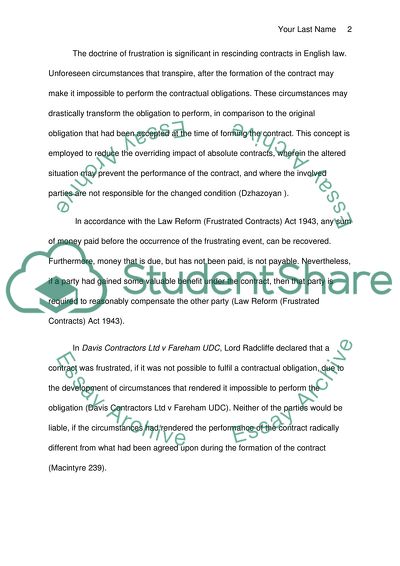Cite this document
(Advise the English National Operetta Company as to its Legal Rights Case Study, n.d.)
Advise the English National Operetta Company as to its Legal Rights Case Study. Retrieved from https://studentshare.org/law/1747819-advise-the-english-national-operetta-company-as-to-its-legal-rights-if-any-in-relation-to-costumes-r-us-pristine-printers-ltd-and-prompt-printers-ltd
Advise the English National Operetta Company as to its Legal Rights Case Study. Retrieved from https://studentshare.org/law/1747819-advise-the-english-national-operetta-company-as-to-its-legal-rights-if-any-in-relation-to-costumes-r-us-pristine-printers-ltd-and-prompt-printers-ltd
(Advise the English National Operetta Company As to Its Legal Rights Case Study)
Advise the English National Operetta Company As to Its Legal Rights Case Study. https://studentshare.org/law/1747819-advise-the-english-national-operetta-company-as-to-its-legal-rights-if-any-in-relation-to-costumes-r-us-pristine-printers-ltd-and-prompt-printers-ltd.
Advise the English National Operetta Company As to Its Legal Rights Case Study. https://studentshare.org/law/1747819-advise-the-english-national-operetta-company-as-to-its-legal-rights-if-any-in-relation-to-costumes-r-us-pristine-printers-ltd-and-prompt-printers-ltd.
“Advise the English National Operetta Company As to Its Legal Rights Case Study”. https://studentshare.org/law/1747819-advise-the-english-national-operetta-company-as-to-its-legal-rights-if-any-in-relation-to-costumes-r-us-pristine-printers-ltd-and-prompt-printers-ltd.


